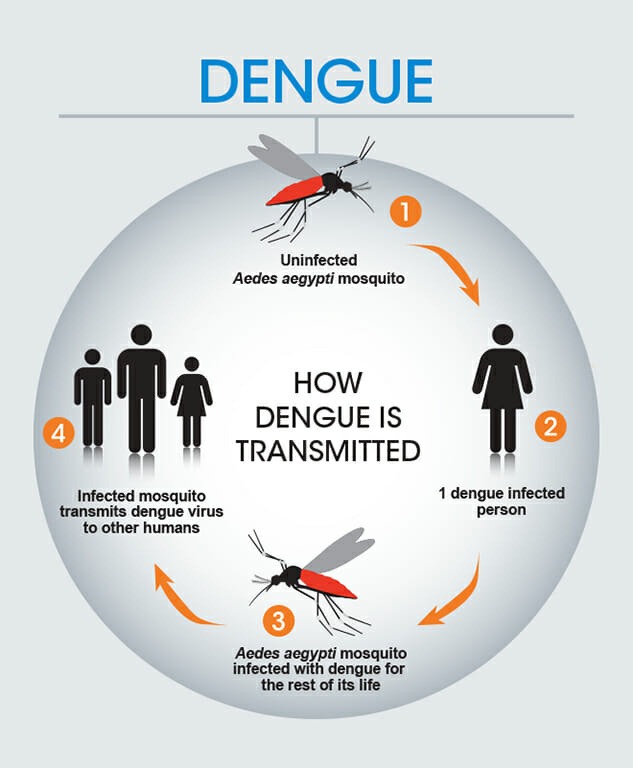Bengaluru has a dengue problem. According to BBMP data, the city has recorded over 4,000 cases since June this year, making it one of the hotspots in the country.
Dengue is a viral infection transmitted to humans by females of the mosquito species Aedes aegypti. It is a predominantly tropical disease that affects over 5 million people in the world.
Symptoms
According to the World Health Organization, 80% of people infected with the dengue virus are asymptomatic or show mild symptoms. For the rest, symptoms usually begin 4–10 days after infection and last for 2–7 days. Symptoms may include high fever (104°F), severe headache, pain behind the eyes, muscle and joint pains, nausea, vomiting, and rash. In most cases, patients recover within a week.
In severe cases, individuals can be at risk of dengue haemorrhagic fever, where blood vessels can get damaged, and platelets can drop. In such cases, symptoms include abdominal pain, persistent vomiting, bleeding in the gums or nose, difficulty breathing and extreme fatigue.
Individuals who are infected for the second time are at greater risk of severe dengue.
India is a hotspot for dengue infection. The Indian government estimates around 31,000 cases of dengue so far in 2023. Annually, the country sees around 600 cases per day, according to SP Singh Baghel, the Minister of State for Health. However, health researchers suggest that the number is a severe underestimate.
Dengue virus depends on the dengue mosquito to spread. Dengue mosquitos breed in even very small amounts of stagnant water found in areas with poor drainage or solid waste management. Climate change has also exacerbated the situation. Increased and unpredictable rain and warmer climates across India have made several parts of the country favourable to breeding mosquitos.
Read more: Dengue outbreaks: Are cities losing the war?
Bengaluru situation
In Karnataka, over 9,000 cases of dengue have been reported so far. The situation is more concerning for Bengaluru. The test positivity rate (TPR) is higher in the city. Around 36% of dengue cases, over 4,000 cases, reported in the state are from Bengaluru (BBMP limits). The surge appears to have affected young children; hospitals have reported an rise in dengue-like fever incidents in children.
BBMP data for Bengaluru
BBMP data released on September 9th, suggests that between 2018, 2020, 2021, and 2022 Bengaluru has had an average of 6,274 cases. 2019 appears to have been an exceptional year with 44,863 cases.

Read more: Explained: How can dengue deaths be prevented?
Among the BBMP divisions, Bangalore East appears to have the most number of cases, followed by Bangalore South. Bangalore East neighbourhoods include Hebbal, Vasant Nagar, CV Raman Nagar and Shivajinagar. Bangalore South includes areas like Basavanagudi, BTM Layout and Koramangala. Mahadevapura division is also an area of concern.
Bangalore East is also leading in the number of cases until August 2023, followed by Mahadevapura and Bangalore South.

In a follow-up article, as part of this series on dengue in Bengaluru, we will look at BBMP measures to counter the outbreak.
